Africa
For Yemeni-Americans, Trump’s travel bans cause worry and uncertainty
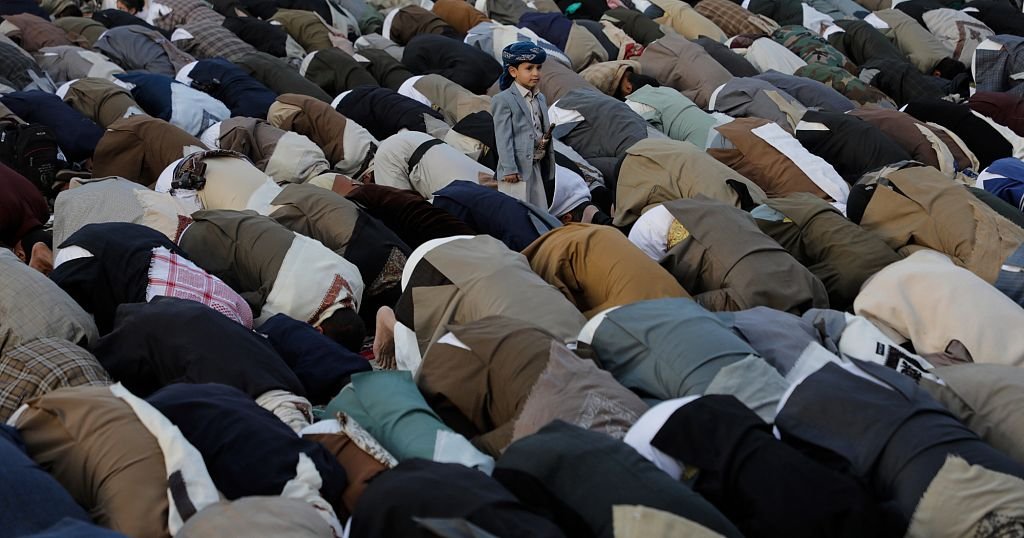
A Michigan imam who presided over a prayer service marking the Muslim holiday of Eid al-Adha warned that president Donald Trump’s new travel ban could backfire on the Republican Party.
Imam Imran Salha spoke to The Associated Press after leading the Eid service Friday at the Islamic Center of Detroit, a mosque with a significant number of Yemeni American worshippers.
The travel ban announced Wednesday by the White House applies to citizens of Yemen and 11 other nations, which include Haiti, Chad, the Republic of the Congo, Equatorial Guinea, Eritrea, Libya, Somalia and Sudan.
“We saw the price that the Democratic Party had to pay for undermining the Palestinian voice. There are many people that avoided voting altogether just because of this country’s policies toward Gaza,” Salha told AP, referring to Trump in November becoming the first Republican presidential candidate since 2000 to win the majority-Arab city of Dearborn.
“Let’s not make the same mistake. There is some level of unity potentially between the Arab population, the Muslim population, and the Republican Party,” Salha said.
“They can choose to either push us away. And as we punished genocide the first time, we can punish the travel ban the second time with our votes.”
Sufian Nabhan is the mosque’s executive director. He said many of the ICD faithful with ties to the Middle Eastern country are concerned.
“They’re wondering, ‘Why did this happen?’ How can they visit Yemen and their siblings or their family visit them here,” Nabhan said. “Very disturbing position that Mr. Trump took, especially the Yemeni community did support him, to a point.”
Africa
Gabon launches electoral process for September 27 local and legislative elections
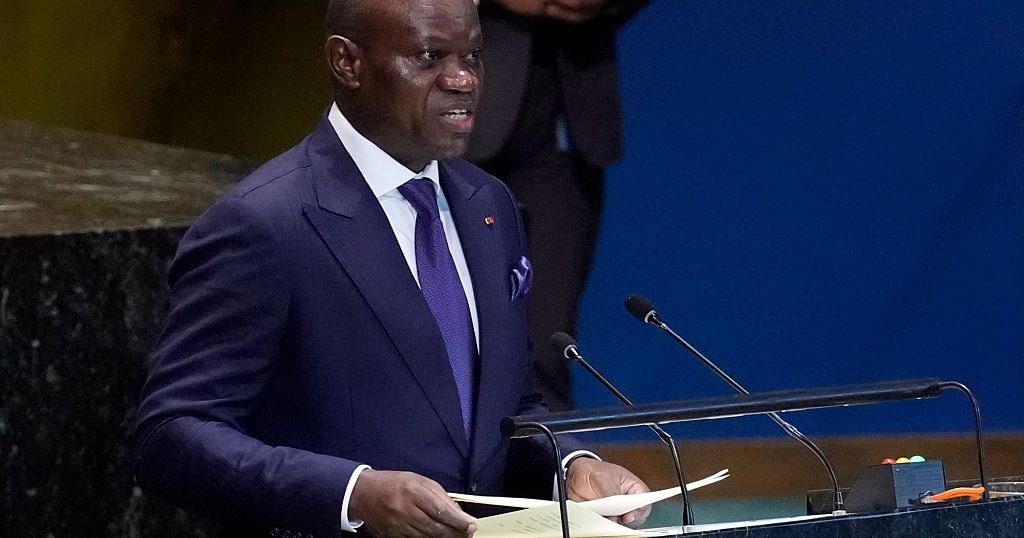
The electoral process for Gabon’s local and legislative elections is officially underway.
The timetable for the September 27 vote has been announced and members of the national election commission have been sworn in by the Constitutional Court.
The revision of electoral rolls across the country begins on July 14 and continues until August 12. This will ensure new voters are added and deceased or ineligible voters removed from the rolls. It will also register any changes of voting centre and update personal data.
People aged 18 and over with a Personal Identification Number (PIN) are automatically registered and need only choose their polling center.
Local electoral commissions will be set up by July 26 and deployed across the country and abroad.
Nominations for the legislative and local elections are open from July 27 to August 7.
Fifth Republic
The Ministry of the Interior and national election commission reaffirmed their commitment to ensuring “credible, transparent and peaceful” elections, and called on citizens to play an active part in building the Fifth Republic.
Last week, two years after seizing power in a coup, President Brice Oligui Nguema unveiled a new political party, the Democratic Union of Builders, or UDB. Oligui secured nearly 95 percent of the vote in April’s presidential election.
The launch of the UDB appears to signal Oligui’s intent to transition from military leader to long-term political figure. While he initially presented himself as a reformer leading a transitional government, the creation of a political party gives structure to his leadership and a platform for future governance.
Africa
Forty years and counting: CAR once again postpones local elections
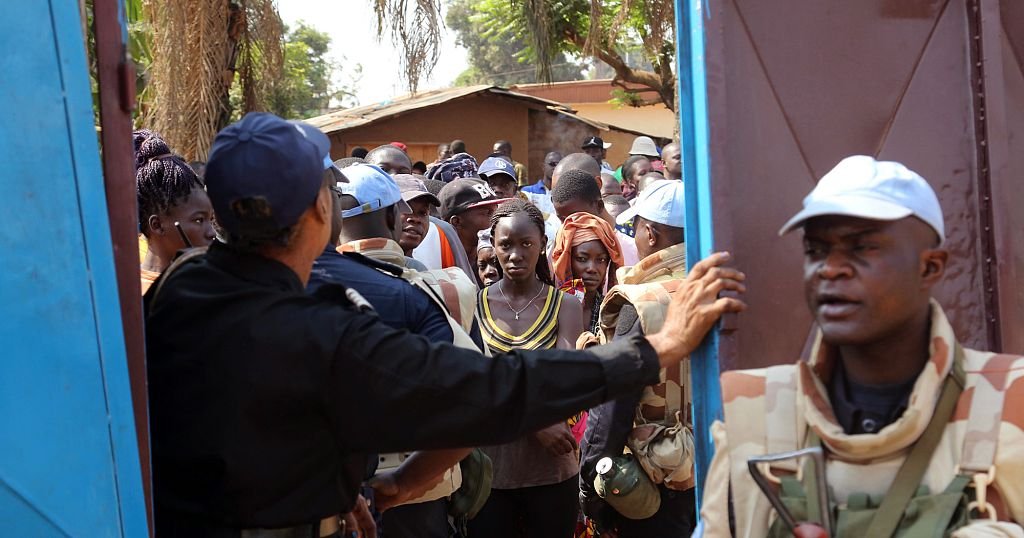
Scheduled to take place for the first time in almost forty years, local and municipal elections in the Central African Republic have been once again postponed.
Initially planned for the end of August, officials say the vote will now be held in December, in conjunction with the legislative and presidential elections.
President Touadéra, who has been in office since 2016, launched a biometric voter registration exercise last year to update the electoral roll.
Authorities say the postponement is due to a delay in mobilizing funds as well as technical and organizational hiccups.
Members of the opposition BRDC are calling for an overhaul of the electoral authority and a dialogue with President Touadéra.
CAR has been battling conflict since 2013 when predominantly Muslim rebels seized power and forced the then-president from office. The United Nations has said the elections represent a ”crucial opportunity” to strengthen democratic governance, promote reconciliation and consolidate stability.
The landlocked country is one of the poorest in the world, despite having significant natural resources, including uranium, oil, gold and diamonds.
Africa
France and New Caledonia reach a deal granting territory more autonomy but no independence
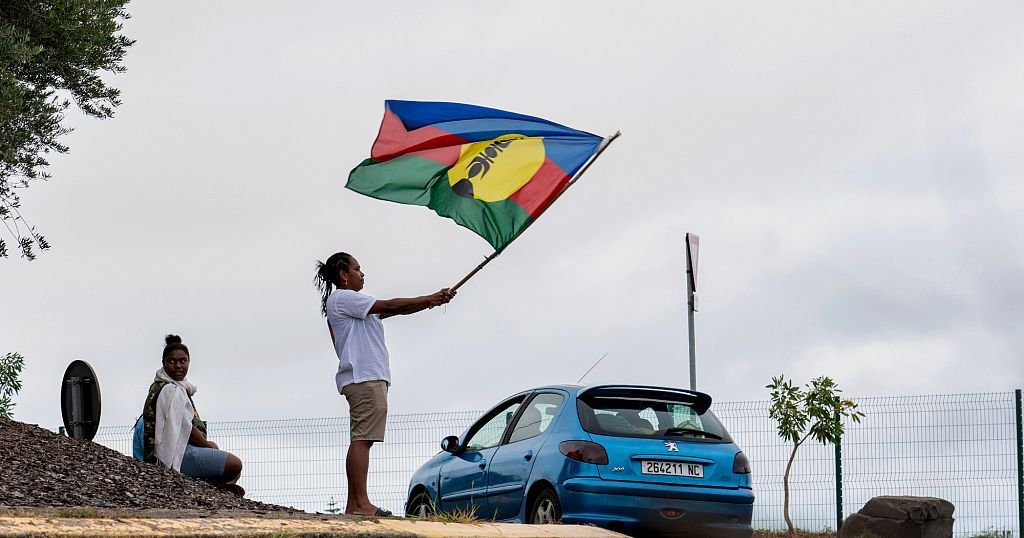
After 10 days of negotiations, including a final overnight marathon, France has reached an agreement with New Caledonia. The deal grants the South Pacific territory more autonomy — but stops short of the independence sought by many indigenous Kanaks.
President Macron hailed the deal as historic but it still needs final approval in New Caledonia. If passed, it would create a state of Caledonia within the French Republic incscribed in the French constitution and a Caledonian nationality alongside French nationality.
The talks stemmed from deadly rioting last year prompted by proposed changes to electoral rules that pro-independence groups said would marginalize Indigenous voters.
The territory has held three referenda on the question of independence, with voters each time opting to remain with France.
A special congress will be held to finalize next steps. Media reports say they could include more sovereignty for New Caledonia over international affairs, security and justice.
The accord could also eventually allow New Caledonians to change the territory’s name, flag and hymn.
Negotiators stressed the importance of rehabilitating and diversifying New Caledonia’s indebted economy, which depends heavily on nickel mining, and making it less reliant on the French mainland.
France colonized the Pacific archipelago in the 1850s, and it became an overseas territory after World War II, with French citizenship granted to all Kanaks in 1957.
-
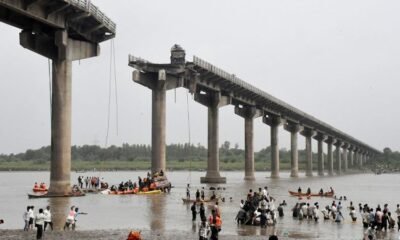
 Asia5 days ago
Asia5 days agoGujarat state: Bridge collapse kills 9 in India
-

 Europe5 days ago
Europe5 days agoExtreme heat is a killer. A recent heat wave shows how much more deadly its becoming as humans warm the world
-

 Europe5 days ago
Europe5 days agoTrump promised 200 deals by now. He’s gotten 3, and 1 more is getting very close
-

 Lifestyle4 days ago
Lifestyle4 days agoHealthy workday snacks include a smart mix of energy-boosters
-
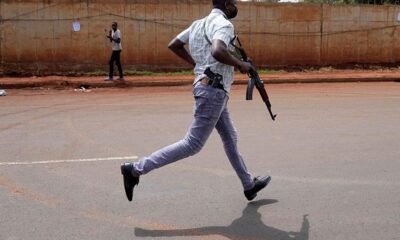
 Africa5 days ago
Africa5 days ago“Shoot in the leg”: Ruto orders Kenyan police to curb protest vandalism
-
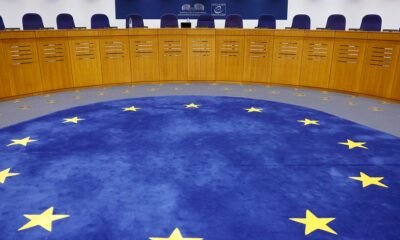
 Africa4 days ago
Africa4 days agoTop European court delivers series of damning rulings against Russia
-

 Europe3 days ago
Europe3 days agoWoman convicted of stowing away on flight to Paris faces extradition to Connecticut
-
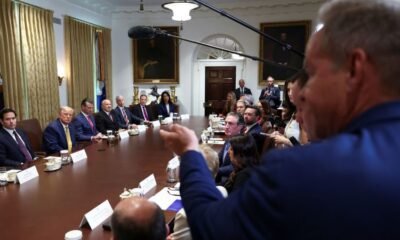
 Europe5 days ago
Europe5 days agoTrump promises more tariff letters and warns BRICS of what’s coming




